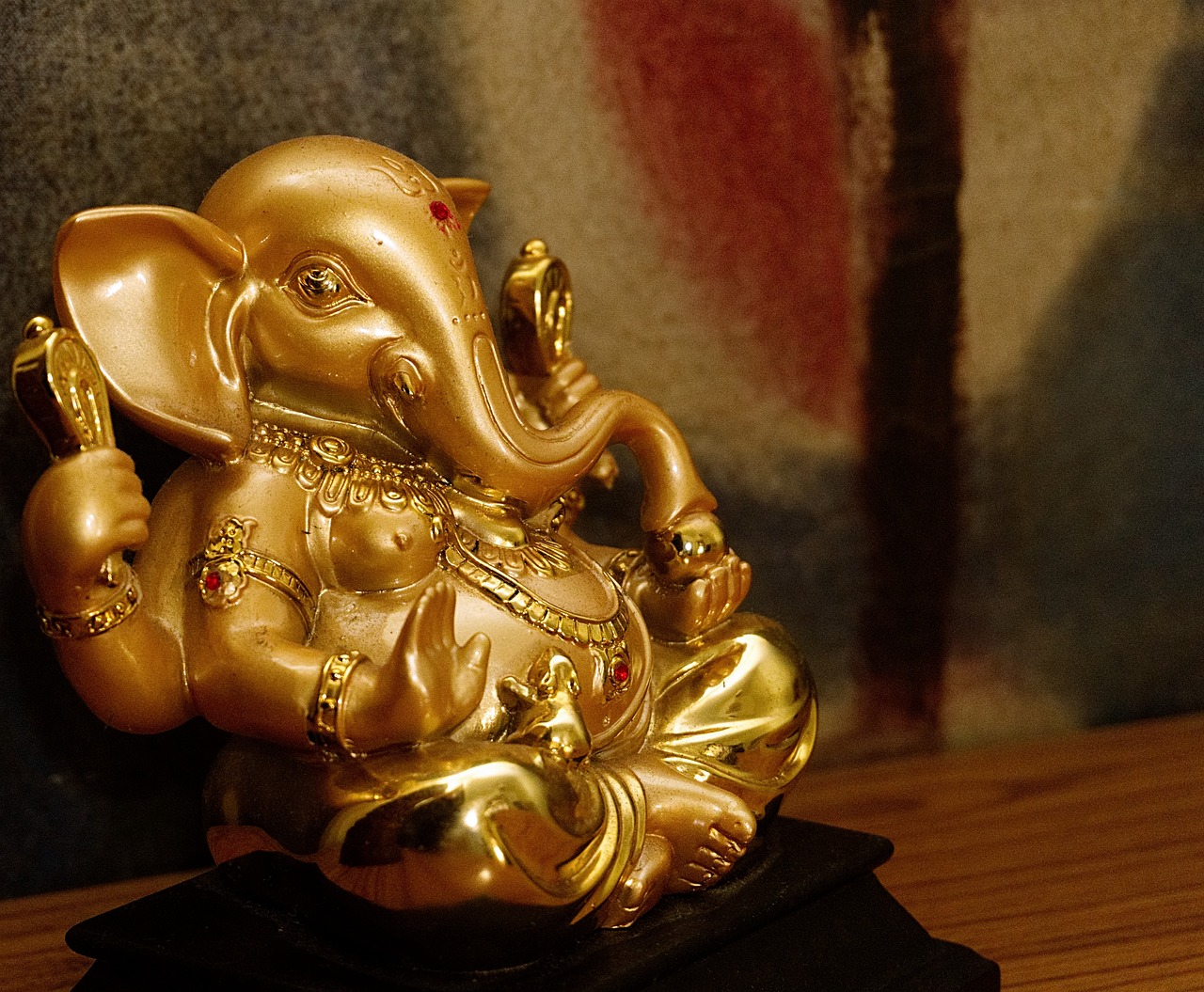Assessing the Role of International Election Observers
International election observers are individuals or groups appointed to monitor the electoral processes of a country. They play a crucial role in ensuring free and fair elections by observing voting procedures, counting processes, and overall election conduct. These observers come from various international organizations, governments, and non-governmental organizations, all with the common goal of upholding democratic principles and promoting transparency in elections.
The presence of international election observers helps to build trust in the electoral system both domestically and internationally. By providing unbiased reports on the conduct of elections, they contribute to enhancing the credibility and legitimacy of the electoral process. These observers follow a code of conduct that emphasizes impartiality, professionalism, and non-interference in the electoral process, allowing them to provide an objective assessment of the election process.
History of International Election Observation
International election observation is a critical component of ensuring transparent and fair electoral processes worldwide. The practice of sending international observers to monitor elections dates back to the late 19th century, with the first official observation missions recorded during elections in Bulgaria in 1890. Since then, international election observation has become a common practice supported by various organizations and governments across the globe.
Over the years, international election observation has evolved to include a range of activities such as assessing the pre-election environment, monitoring voting procedures on election day, and analyzing the post-election period. Organizations like the Organization for Security and Cooperation in Europe (OSCE) and the Carter Center have played key roles in promoting the importance of international election observation and developing guidelines for conducting observation missions effectively. These efforts have been instrumental in promoting democracy and holding governments accountable for upholding democratic principles during electoral processes.
What is the definition of International Election Observers?
International Election Observers are individuals or organizations that are invited to observe elections in a country other than their own in order to ensure transparency and fairness in the electoral process.
When did the practice of International Election Observation begin?
The practice of International Election Observation began in the 1960s, with the United Nations sending observers to oversee elections in newly independent countries.
How do International Election Observers carry out their duties?
International Election Observers typically monitor various aspects of the electoral process, such as voter registration, campaigning, polling, vote counting, and the announcement of results. They then produce reports detailing their observations and any irregularities they may have witnessed.
What is the significance of International Election Observation?
International Election Observation plays a crucial role in promoting democracy and ensuring the integrity of electoral processes around the world. By providing impartial assessments of elections, observers help to build public confidence in the legitimacy of election outcomes.
Are International Election Observers always welcomed by host countries?
While many countries welcome International Election Observers as a sign of their commitment to democratic principles, some governments may view them as intrusive or politically motivated. In such cases, observers may face restrictions or even expulsion from the country.





